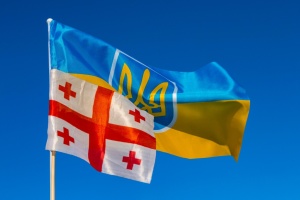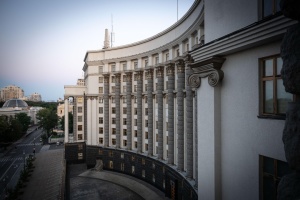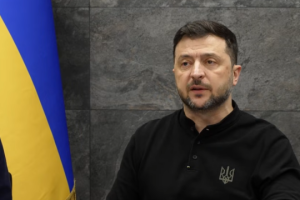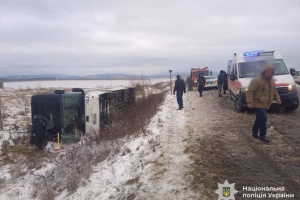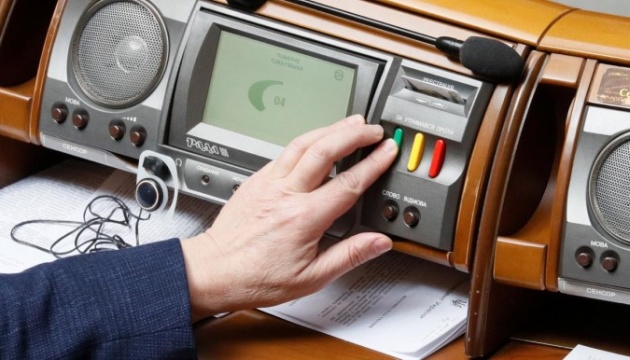
Rada passes law on military chaplaincy
The corresponding bill was supported at second reading by 291 people's deputies at a session on Tuesday, an Ukrinform correspondent reports.
"The law regulates relations in the field of exercising by servicemen with the Armed Forces, National Guard, other military formations formed in accordance with the laws of Ukraine, and the State Border Guard Service of Ukraine of their constitutional right to freedom of thought and religion, defining legal and organizational principles of the military chaplaincy service," the bill reads.
The military chaplaincy service is formed as a separate structure within the Armed Forces, the National Guard, and other legal military formations, as well as the State Border Guard Service, the type of which depends on the scope, nature, and complexity of measures aimed to meet spiritual and religious needs of those serving at the headquarters, groupings, military units, military educational institutions, and other military institutions and organizations.
In a military unit at the level of a separate battalion, the functions of the Military Chaplaincy Service may be performed by one military chaplain.
Relevant military chaplaincy services shall report directly to the Commander-in-Chief of the Armed Forces of Ukraine, the Commander of the National Guard of Ukraine, the heads of other military formations formed in accordance with the laws of Ukraine, and the Head of the State Border Guard Service of Ukraine.
The personnel cap in the Military Chaplaincy Service has been set at no lower than 0.15% of the total number of troops in all respective forces.
To qualify for a position of a military chaplain, a candidate must be a citizen of Ukraine who is an operating clergyman with a religious organization registered in Ukraine and has received a mandate from the governing center (department) of the relevant religious organization to perform military chaplaincy services
A mandatory requirement is a candidate’s higher theological education (the norm comes into force 5 years after the law enters into force).
If a citizen has been banned or restricted access to military units, they shall not be appointed military chaplains, legislation says.
All personal data obtained by chaplains during their service is deemed confidential.
Military chaplains are entitled to refrain from answering questions about the facts and circumstances of which they became aware during confession sessions.
In order to properly satisfy the spiritual and religious needs of military personnel, the introduction of appropriate quotas of confessional representation has been laid down.
It is intended to establish Interfaith Councils on Military Chaplaincy under the Ministry of Defense and the Ministry of Internal Affairs as advisory bodies.
im

